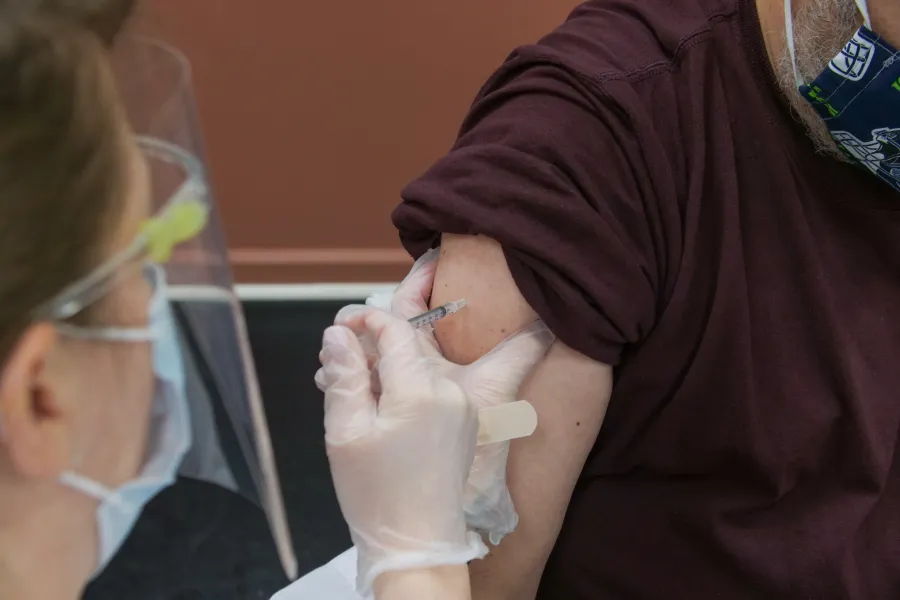From LA Progressive: Fixing Our Broken Health Care System Is Not Hard

If only the health care system received the same treatment that military spending gets from politicians and the public.
Americans are being slammed by a “tripledemic” this holiday season as three major respiratory illnesses—COVID-19, influenza, and respiratory syncytial virus (RSV)—are spreading at indoor gatherings. Hospitals are once more in danger of running out of beds, and the Biden administration has revived a program to mail out free at-home COVID-19 testing kits. It seems that the United States has learned nothing from the early months of the pandemic when our health care system broke along the fissures created by corporate models of profit-based medicine.
Take the current shortage of antibiotics and other medications. Axios reported that “Parents have been calling [pharmacies and other health care providers], distraught over the trouble they’ve had securing everything from Children’s Tylenol to amoxicillin to Tamiflu.” Hospitals are also running out of drugs. The reason for this is that the pharmaceutical industry, which operates adjacent to the health care industry, functions on thin margins, producing just enough inventory based on projections in order to maximize profits and not overproduce items that may remain unsold. But when a crisis hits, the projected supply is outstripped by demand.
Another example is that of Ascension, a company most of us have never heard of but one that the New York Times described as “one of the country’s largest health systems.” Although it is technically a nonprofit company, Ascension operates like a for-profit corporation, cutting costs by cutting staff. This has left existing staff overstretched and exhausted, leading to mass resignations of nurses and other medical staff. According to the Times, “When the pandemic swamped hospitals with critically ill patients, their lean staffing went from a financial strength to a glaring weakness.”
Read more here.